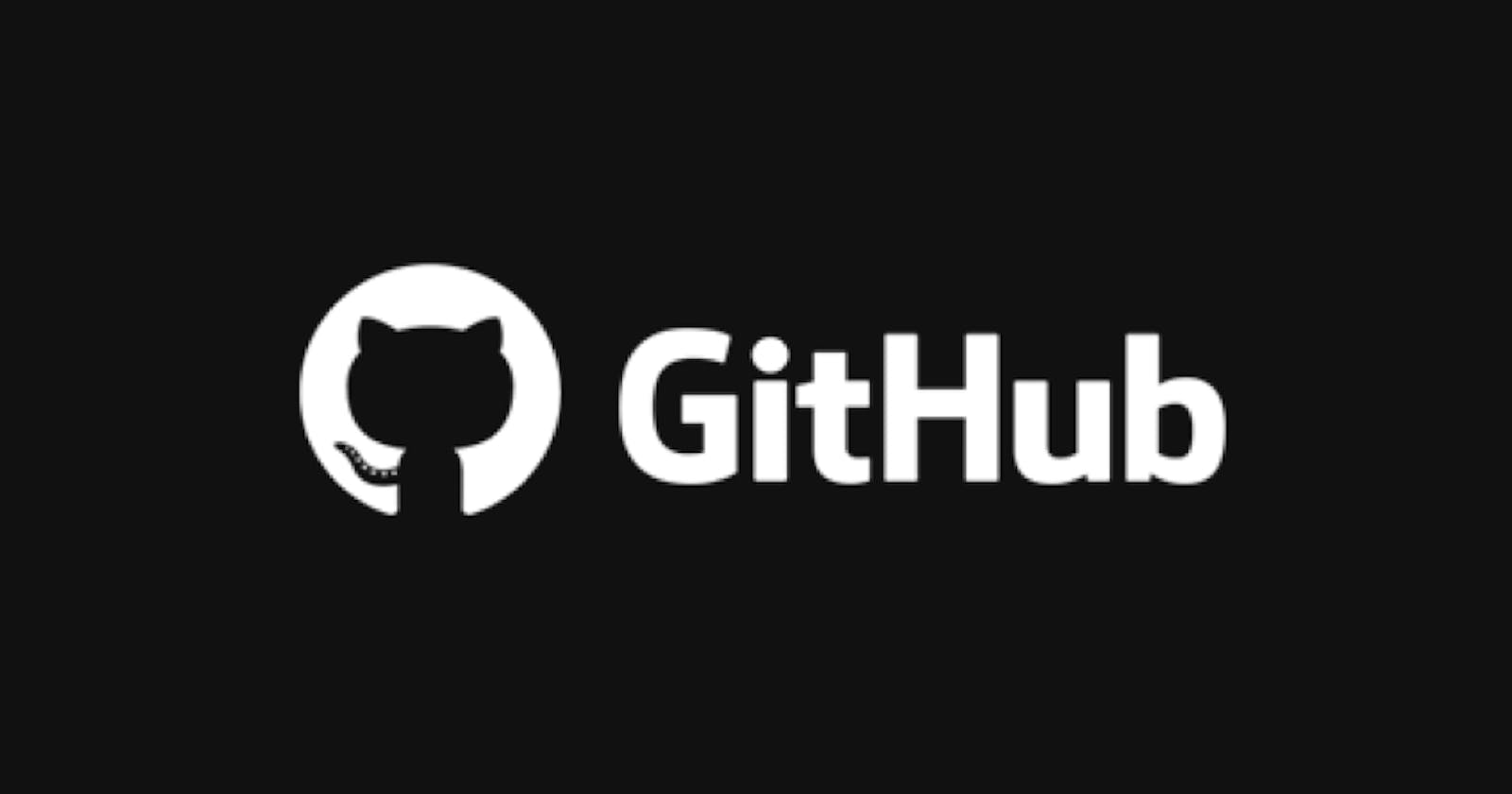GitHub is basically a code hosting platform for version control and collaborations. It is owned by Microsoft Corporation. GitHub lets us work together on projects. It also lets us contribute to several open-source projects and organizations. It also facilitates collaborations features such as bug tracking, feature requests, task management for every projects. We an push our work on GitHub and make it private or public (in the form of GitHub repository).
Now a question here arises - What is a GitHub repository?
Repository is simply a storage area. Repository is used to store metadata for a set of files and directories. It contains the collection of the file, folders and documentations. It also keep track of the history of changes made to those files. Repositories in Git is considered as our project folder. A repository contains all the project-related data.
Lets talk about some of the advantages of GitHub:-
- It is free and it is open-source.
- Free private repositories for developers.
- It is easy to contribute to open source projects via GitHub.
- It helps to create an excellent documentation.
- It allows our work to get out there in front of public.
- We can track changes in our code across versions.
- It lets us host our static websites using GitHub.
- It had Gists and GitHub Pages.
- Markdown which allows us to use a simple text editor to write formatted documents.
What are the top features of GitHub?
- Collaboration.
- Backup.
- Integrated issue and bug tracking.
- Graphical representation of branches.
- Git repositories hosting.
- Project Management.
- Team Management.
- Code Hosting.
- Track and assign tasks.
- Conversations.
Some of the alternatives of GitHub:
- GitLab
- SourceForge
- Apache Allura
- Cloud Source Repositories
- GitKraken
- taraVault
- BitBucket
- Gogs
- AWS CodeCommit
- Beanstalk
- Phabricator
- Gitea
- Allura
- Rhodecode
- CodeGiant
- Trac

